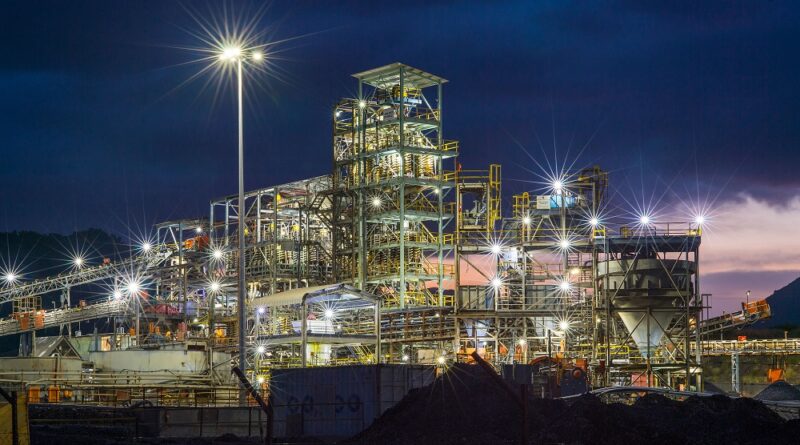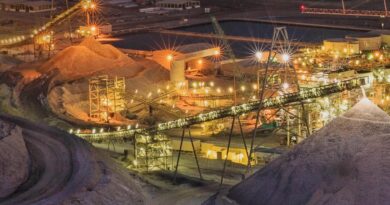Miners versus government on beneficiation of South Africa’s minerals
Gwede Mantashe, Minister of Mineral and Petroleum Resources, said that the government should intervene through a range of measures to encourage value-addition or beneficiation of the country’s minerals to boost employment. Minister Mantashe said these measures could include taxing primary mineral exports, an incentive scheme for beneficiation processes, such as a finite tax holiday, or an electricity tariff linked to commodity prices.
The Minerals Council, whose members account for 90% of South Africa’s annual mineral production by value, supports beneficiation where the economics make sense. However, it stresses the need for careful and strategically informed consideration of an export tax or other restrictions on primary (raw) mineral exports, says Mzila Mthenjane, CEO of the Minerals Council.
Under conditions where South Africa does not have a comparative advantage to beneficiate a certain mineral – such as specific technical expertise in a particular field of beneficiation, abundant, cheap electricity, a modern, cost-competitive manufacturing base, or globally competitive labour – the unintended consequences of export restrictions may entail lower mining production as the returns on primary extraction are eroded.
Local and offshore interest may be curtailed in investing in exploration and existing mining operations generally, and specifically for those minerals suitable only for the export market or where there are committed supply contracts in place. In contrast to the stated aim of increasing employment through beneficiation, these adverse impacts will negatively affect existing jobs and new employment opportunities, the fiscus through reduced taxes, and current account balances, and South Africa’s relevance in global commodities markets.
South Africa urgently needs pragmatic, investor-friendly policies that will drive the re- industrialisation of its economy to attract domestic and foreign investment and skills. The constraints on the mining industry and the broader economy from the more than six-fold increase in electricity prices since 2008, as well as erratic power supply have negatively affected beneficiation, particularly in energy-intensive industries like ferroalloy smelting, resulting in a withdrawal and the demise of many industries.
Absent these basic reforms, an attempted development of a critical minerals mining sector will be just as constrained as the existing minerals that South Africa produces under prevailing legislation and uncoordinated priorities amongst the DMPR, the departments of Water and Sanitation; Forestry, Fisheries and the Environment and Agriculture; and Land Reform and Rural Development, to name a few.




